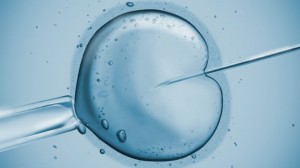SALT LAKE CITY (AP) — The Utah Supreme Court ruled Friday that a Utah boy who was conceived with the frozen sperm of his dead father does not qualify for Social Security survivor’s benefits.
Gayle Burns had been trying to get survivor’s benefits for a son who was conceived with her husband’s sperm two years after the husband died of infection caused by a stem-cell transplant.
Michael Burns had non-Hodgkin’s lymphoma, or cancer of lymphoid tissue. He signed a contract to leave the preserved, frozen sperm to his wife if he died.
Gayle Burns has said her husband didn’t expect to die, because he had been cancer free, or to have to make legal arrangements to preserve Social Security benefits for his future son. Michael Burns died in 2001. Read full article.
